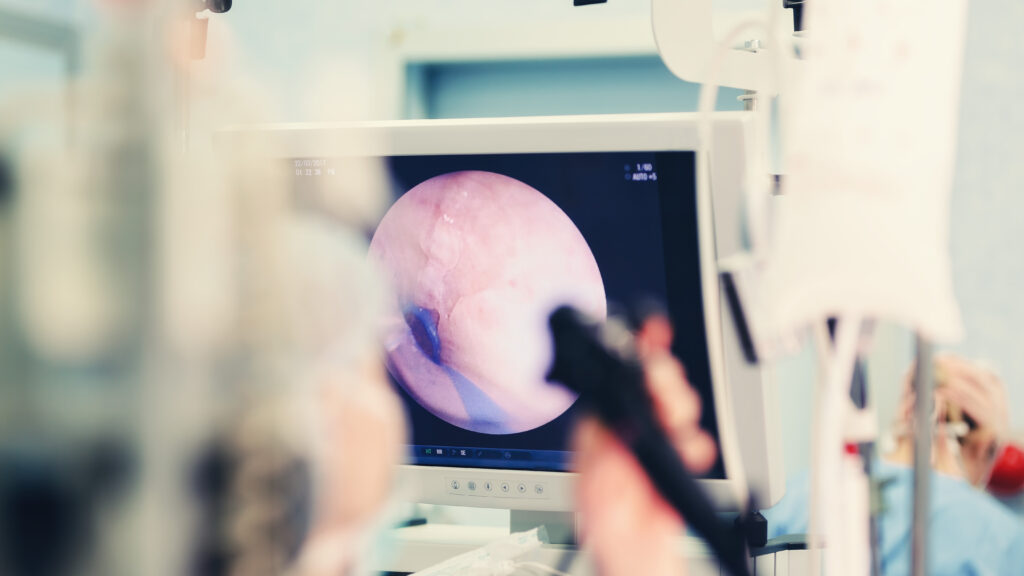The AI colonoscopy tool rolled out across four health centers. As endoscopists snaked a camera through patients’ large intestines, the algorithm would draw a square around precancerous polyps known as adenomas. The more adenomas detected and removed, the less likely the patient would go on to develop colon cancer.
Researchers were interested in whether the AI could improve those adenoma detection rates. So they designed a trial: Half the time, endoscopists got to use the algorithm; the other half, they were on their own. But the researchers also took a look at a different question: Like students who try to write an essay independently after using ChatGPT one too many times, how well might doctors detect polyps without AI after they had gotten used to its help?
Not great. In the three months before the endoscopists started using the AI helper, they were finding adenomas in 28% of colonoscopies. After they had been using the AI for three months, the researchers found their unassisted adenoma detection rate fell significantly — to 22%. Researchers called their finding the first documentation of a potential “deskilling” effect from clinical AI.
STAT+ Exclusive Story
Already have an account? Log in

This article is exclusive to STAT+ subscribers
Unlock this article — and get additional analysis of the technologies disrupting health care — by subscribing to STAT+.
Already have an account? Log in
Individual plans
Group plans
To read the rest of this story subscribe to STAT+.


